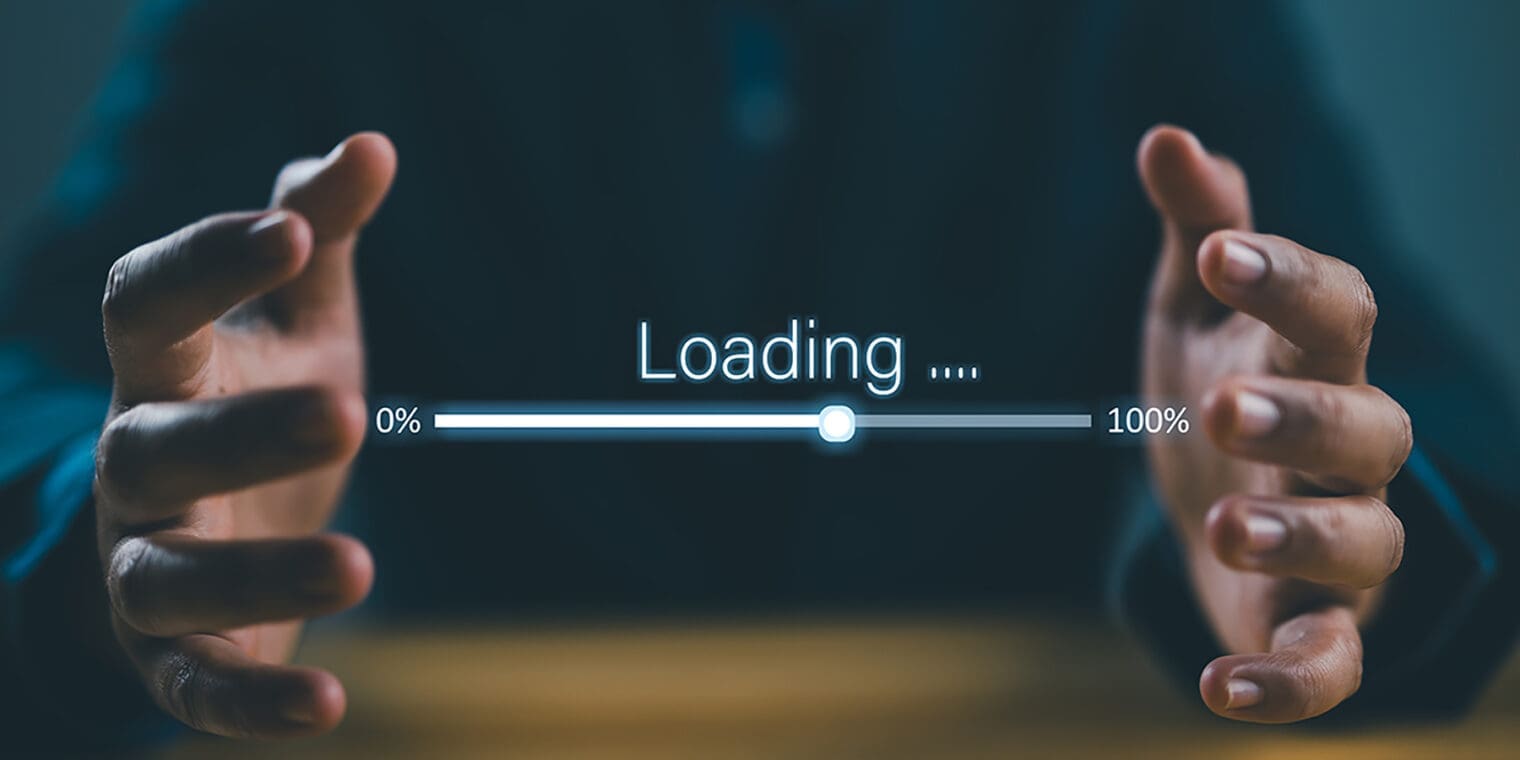Why Website Speed Matters for Small Business Owners
Website speed is more than a tech issue—it directly affects your visibility on Google, how customers view your brand, and whether they choose to do business with you. In today’s fast-paced online environment, every second counts. A slow website can lose your leads, customers, and sales.
Website Speed Affects Your SEO Rankings
Website speed is a crucial metric to consider when evaluating your SEO rankings. Google uses website speed as a key factor in determining where your site ranks in search results. Mobile-friendly websites are more important than ever; your website’s load time is more heavily weighted by Google when determining your site’s ranking. Your site needs to show on the first page of search results. It is even better if it is at or near the top of that page. If your site is slow, it could get pushed below faster competitors, even if your content is better. This makes it more likely that a user will visit your competitor’s site instead of yours, which is undesirable. Fast-loading websites are easier for Google to crawl and index, which helps you appear more frequently and accurately in search results.
Website Speed & User Experience
For better or worse, we live in a society that places importance on speed. This is even more noticeable online; website visitors expect a site to load quickly and not make them wait for the information they are looking for. People won’t wait—most visitors leave if a site takes more than 3 seconds to load, and if customers leave before your site even loads, you’ve lost them before the first impression. A slow website hurts trust and makes you look less professional or reliable. A fast site means a smoother experience for your users, more time spent browsing, and a higher likelihood of conversions (such as calls, form fills, purchases, etc.).
Simple Tools to Check Your Website Speed
There are several great tools available to use as a starting point for checking your website’s speed and diagnosing performance issues.
- Google PageSpeed Insights – See how your site performs and get straightforward suggestions.
- GTmetrix – View how your site loads, from start to finish.
- Pingdom – Test from multiple locations and spot performance issues.
These tools are free and easy to use—enter your website’s URL to get started.
Easy Ways to Speed Up Your Website
- Optimize your images – Large photos slow things down. Compress them for faster load times.
- Minimize plugins – Too many extras can bog down your site.
- Use caching – This lets your website load faster for repeat visitors.
- Invest in quality hosting – Cheap hosting often means slow performance.
- Reduce code bloat – The cleaner the code, the better. Simplify your site’s design and only include what’s necessary. If you are building your site with WordPress or a similar platform, ensure that you only use plugins as required. Every plugin adds more code and increases the chances of slowing down your site.
- Use a Content Delivery Network (CDN) – A CDN has a significant impact on your visitors’ experience, delivering content from servers located around the world. CDNs can significantly enhance the speed of website access for users wherever they are located.
- Have your site professionally maintained – A professional web developer can keep your site fast, healthy, and up to date.
Website speed impacts how your business appears in search results, the experience potential customers have with your brand, and whether they stay engaged. If you’re a small business owner looking to get more from your online presence, improving speed is one of the most effective steps you can take. Do you need help optimizing your website’s speed? Contact Studio 7 today, and let’s make sure your site works as hard as you do.


